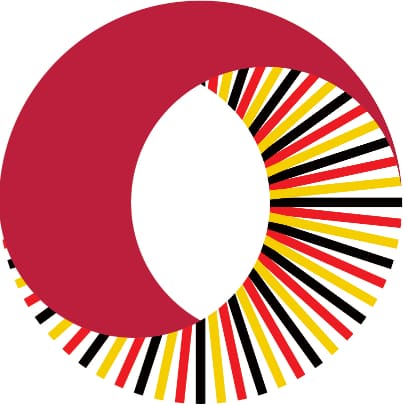WG2: Expert Workshop on "Hydrogen Imports: Overseas Shipping and Port Infrastructure"
+++ Find a detailed report of the event here. +++
Following the 4th meeting of the Working Group on Hydrogen (WG2) of the Energy Partnership on September 27, an expert workshop organized by the German Chamber of Commerce and Industry in Japan (AHK Japan) and adelphi on hydrogen import infrastructure took a deeper look at issues of overseas shipping and necessary port infrastructure.
In the opening statements and policy updates by Marcus Schürmann (German Chamber of Commerce and Industry in Japan (AHK Japan), Shikibu Oishi (German Embassy Tokyo), Dr. Christine Falken-Großer (Federal Ministry for Economic Affairs and Climate Action) and Tomohiko Adachi (Ministry of Economy, Trade and Industry) the importance of hydrogen for decarbonization efforts in both countries and cooperation potential was underlined. Furthermore, from the subsequent panel discussion with Elisabeth Sterner (H2Global Stiftung) and Keisuke Kawamura (Japan Hydrogen Association) it became clear that imports via ships will be of the upmost relevance for hydrogen supply in the beginning global market ramp up. Nonetheless, the demand side has to be strengthend alongside the suppy. Both require clear and comprehensive regulatory frameworks for a market to be selfsustaining.
The afternoon was divided into two sessions, one on oversea transport of hydrogen and the other on projects to develop port infrastructure for hydrogen imports. In the first session, various inputs and perspectives on hydrogen transport were shared and discussed by Takahiro Rokuroda (NYK Line), Runa Jörgens (German Maritime Center), Shigeru Yamamot (Kawasaki Heavy Industries, Ltd.) and Hannes Thiede (Reederei F. Laeisz).
In the second session, Hartmut Beyer (HPC Hamburg Port Consulting GmbH), Jannes L. Elfgen (Hamburg Port Authority (HPA)) and Keisuke Oyama (Kawasaki City) offered more insights into ongoing projects related to H2 port infrastructure.
Some key takeaways were:
▶️ Ongoing discussions about the H2 carrier of the future (e.g. LH2, MCH, LOHC, NH3), all with advantages and disadvantages.
▶️ Due to already existing demand, trade and infrastructure ammonia is well positioned to lead in the market ramp-up phase.
▶️ Maritime sector itself will be a strong offtaker for new carbon neutral fuels.
▶️ Ports need not only adapt to H2 imports, but also the demand for different carbon-neutral shipping fuels. Further challenges lay with the infrastructure for onward transportation towards industrial centers via pipelines.
▶️ To become carbon-neutral themselves, ports additionally should re-consider their own power suppy. Heat from cracking NH3 or the cold from LH2 offer further sector coupling potentials for the transformation into truely sustainable energy ports.
All these issues offer manyfold additional cooperation potentials between Germany and Japan, to be further discussed between industry, government and research (regulation, technologies, infrastructure, safety, supply, applications). We would like to take this opportunity to thank all participants once more for the insightful contributions they made.

